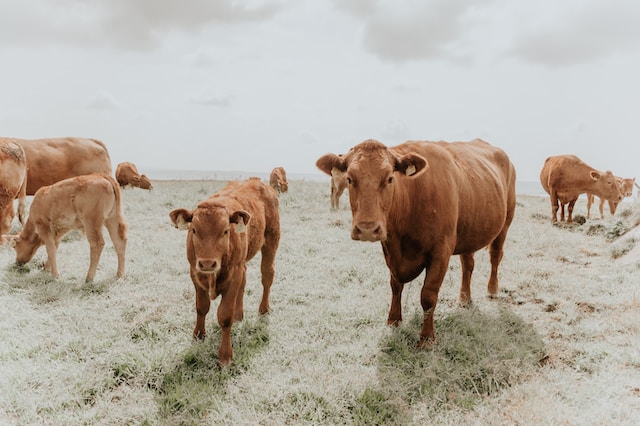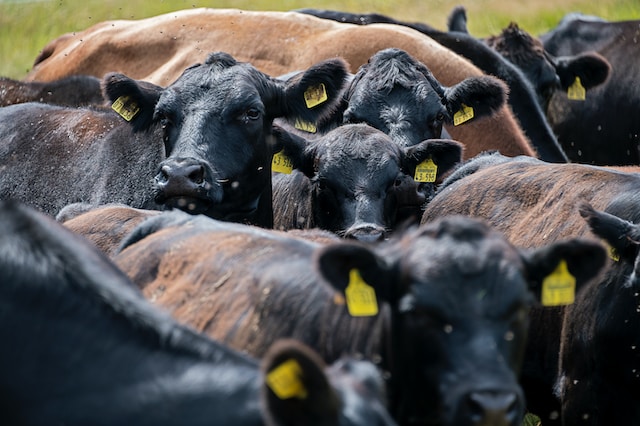Cattle Breeding: Enhancing Livestock Quality and Profitability

Cattle breeding plays a critical role in enhancing the quality of livestock and profitability for farmers. The breeding process can be a complicated one, but with the right information and tools, farmers can improve their herd’s genetics, milk production, and meat quality. Breeding is one of the most essential aspects of cattle farming, and it’s essential to understand how to breed cows and bulls to produce a top-quality herd.
- Importance of Genetics in Breeding
The genetic makeup of your cattle has a significant impact on the quality of your herd. Genetics determine the characteristics of your cattle, including meat quality, milk production, and disease resistance. To breed superior cattle, farmers need to have a good understanding of genetics. Farmers should study the genetics of their cows and bulls, and only mate animals that have desirable traits. The breeding process should aim to improve genetics and eliminate undesirable traits that may affect your herd’s quality.
- Selection of Breeding Stock
Choosing the right breeding stock is crucial in developing a high-quality herd. Farmers should select bulls and cows that have good genetic traits such as high fertility, good health, and excellent temperament. The quality of the breeding stock determines the quality of the herd and affects the profitability of the enterprise. Farmers should source high-quality breeding stock that has been tested and verified to have desirable traits.
- Breeding Techniques
The breeding process involves two main techniques – artificial insemination (AI) and natural mating. AI has many advantages over natural mating, such as the ability to use superior genetics, reduce the risk of diseases, and avoid injuries. AI enables farmers to choose from a wide range of superior bull semen samples, which can enhance their herd’s breeding program. On the other hand, natural mating offers the advantage of natural selection and a higher conception rate.
- Proper Management Practices
Proper management practices are vital in the breeding process. Farmers should ensure that their herd is well-fed, healthy, and regularly tested for diseases. Proper management practices can improve the breeding process’s success and enhance the quality of the herd. It’s also essential to maintain a good record-keeping system to monitor breeding programs’ progress.
- Importance of Economics in Breeding
Breeding programs can be expensive, and farmers need to consider the economics of the process to achieve profitability. Farmers should ensure that the costs incurred during the breeding process are reasonable and manageable. The aim of the breeding program should be to achieve profitability while maintaining a high-quality herd.
Cattle breeding is a complex process that requires good genetic knowledge, high-quality breeding stock, proper management practices, and a focus on economics. Farmers should aim to breed superior livestock that has desirable traits, high fertility, good health, and excellent temperament. With good breeding programs and proper management practices, farmers can enhance their herd’s quality and profitability. Remember, the quality of your breeding stock determines the quality of your herd and affects livestock profitability. So always aim to improve your herd’s genetics and eliminate undesirable traits that may affect the quality of your cattle.


